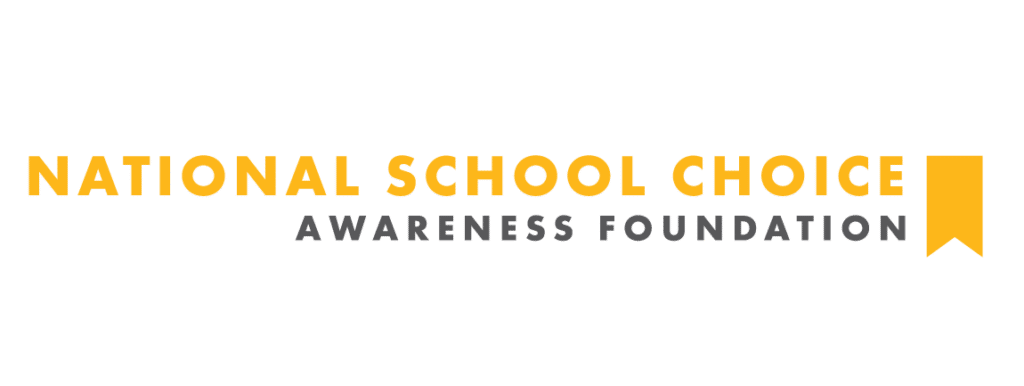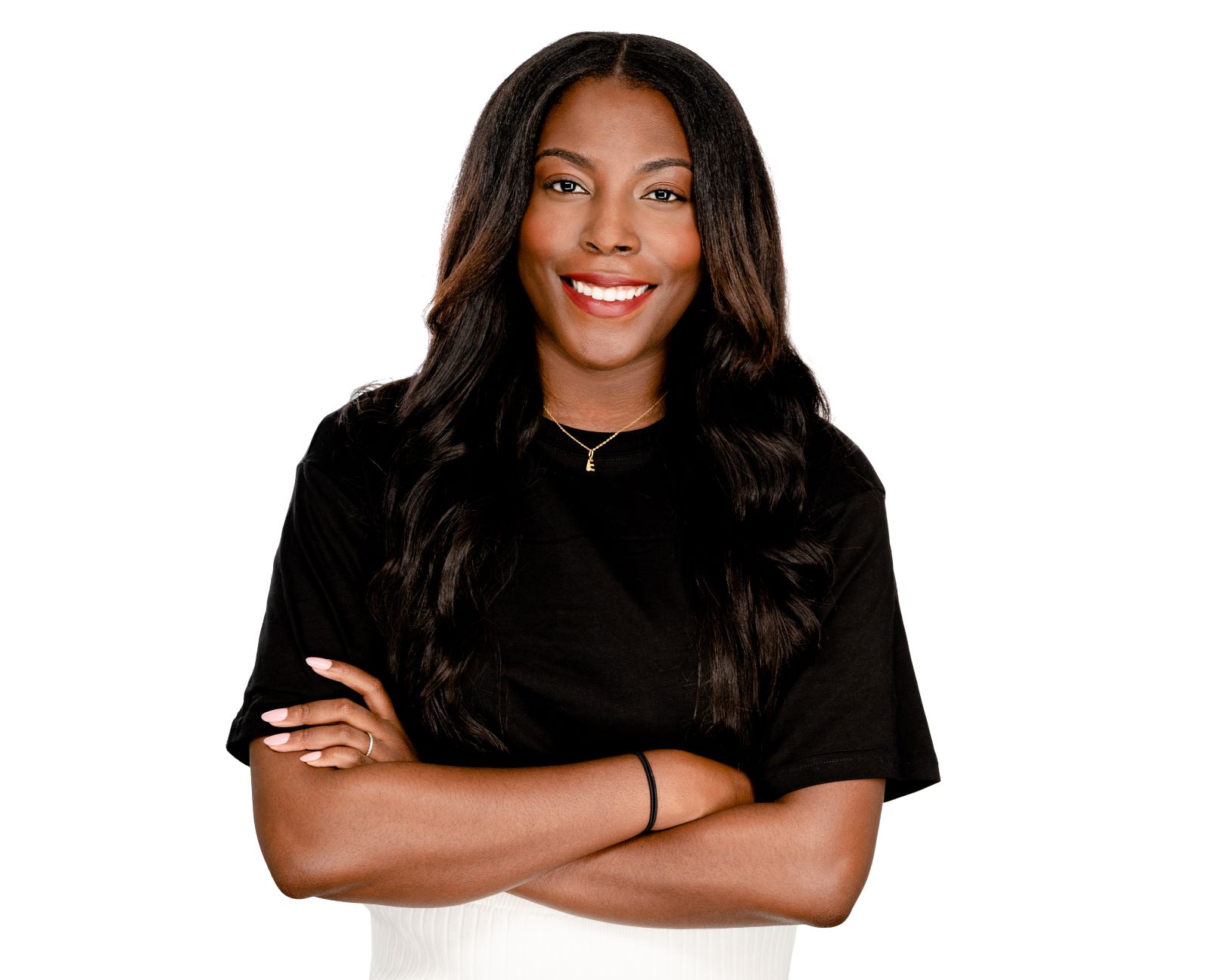A total of 19 states have expanded school choice this year, as parent demand for enhanced learning options shows no sign of abating.
MIAMI – Over the past seven months, states have empowered more parents with greater access to new K–12 education options for their children than during any other time in modern history. When combined with school choice expansions over the past two years, the dramatic expansion in education options in 2023 has millions of moms and dads asking “when” and “where” these new choices will be available, not just “if” they will be empowered to select how and where their children learn.
To keep it all straight, the National School Choice Awareness Foundation (NSCAF) today launched “All In On School Choice,” a comprehensive guide to state-level school choice policy changes in 2023. The roundup includes information about school choice expansions in 19 states: Alabama, Arkansas, Florida, Idaho, Indiana, Iowa, Kansas, Louisiana, Montana, Nebraska, New Hampshire, New York, Ohio, Oklahoma, South Carolina, Tennessee, Utah, West Virginia, and Wisconsin.
“All In On School Choice” focuses on diverse K–12 education options, including open enrollment in traditional public schools, public charter schools, private school choice programs such as scholarships and education savings accounts, online learning, homeschooling, microschooling, and mix-and-match learning.
The guide offers a comprehensive timeline of school choice developments from 2021 to 2023, including new open enrollment programs for public schools in Idaho, Kansas, and South Carolina; charter school options in states such as Kentucky, Montana, and West Virginia; and the creation of education savings accounts (ESAs) in more than a dozen states. ESAs grant parents the flexibility to allocate state education funds for a wide range of approved expenses, including private school tuition, some forms of therapy, and other learning materials.
In addition, the guide highlights how states with longstanding private school choice programs, such as Florida, Indiana, and Ohio, have recently relaxed criteria for participation to make nearly all families eligible for scholarship programs, with additional states clarifying how participation in ESA programs or part-time public schooling can be accessible to homeschoolers who seek a hybrid approach.
“In 2023, it really feels like the modern school choice movement is coming of age, 30 years after its kickoff in Minnesota and Wisconsin,” said Shelby Doyle, vice president of public awareness at the National School Choice Awareness Foundation. “In the last three years, the pace and scope of change has gone from slow-and-steady and incremental to bold and comprehensive. It’s thrilling to see the doors of opportunity opened wide for the next generation of students whose families will be able to truly choose the best educational fit for them as individuals, no matter the location or circumstances of their household.”
More information and resources for journalists can be found at schoolchoiceweek.com/multimedia. To access the full guide, visit schoolchoiceweek.com/2023-yes-to-school-choice/
# # #
The National School Choice Awareness Foundation (NSCAF) raises broad and positive awareness of school choice through two charitable programs: organizing National School Choice Week each January and the research, development, and promotion of comprehensive and unbiased school navigation resources for parents via SCW Navigate and Conoce tus Opciones Escolares. NSCAF does not advocate for or oppose legislation at any level of government and is steadfastly nonpartisan and nonpolitical.

